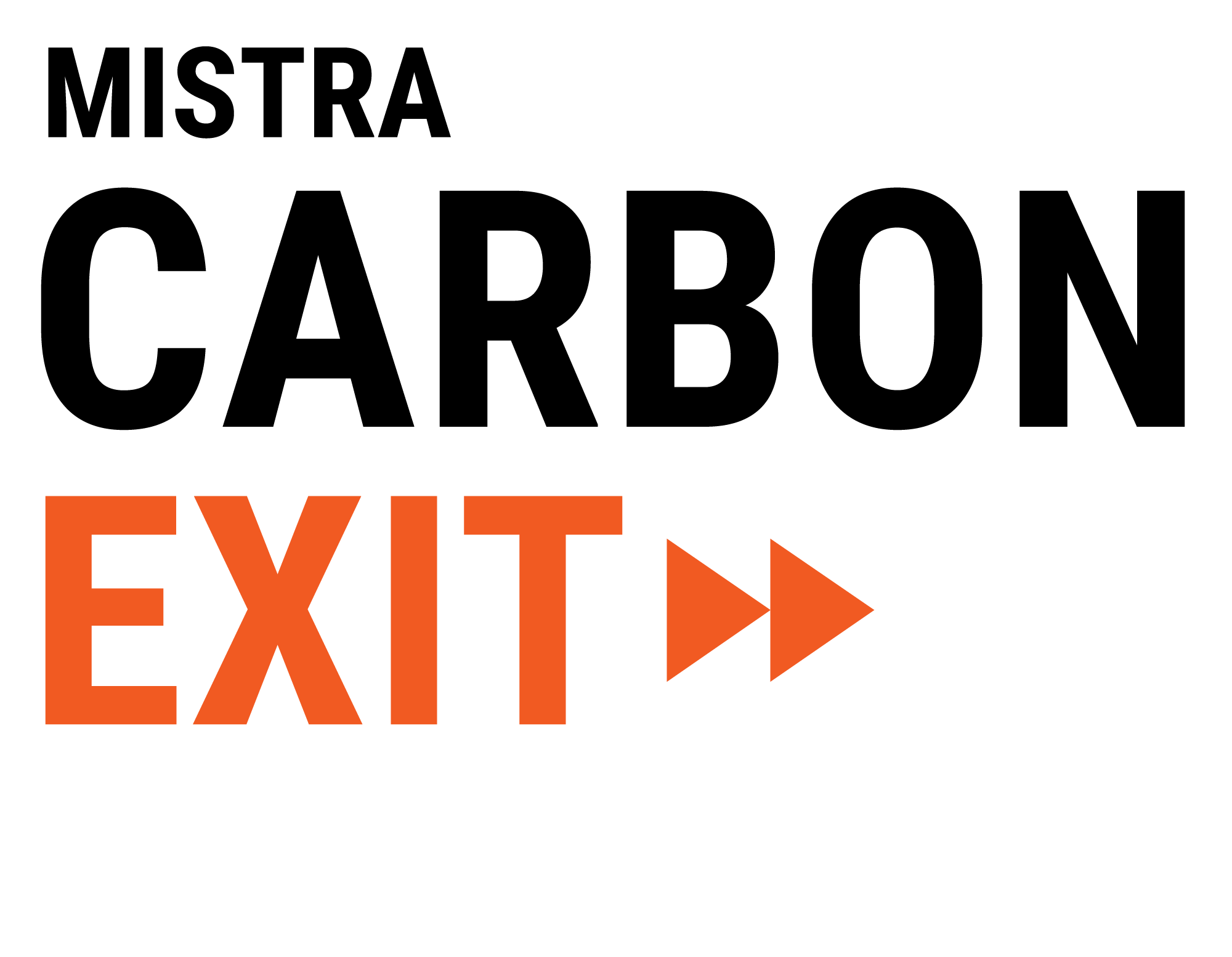Which barriers limits disruptive behavioral changes?
Author: Magnus Hennlock, leader for Work Package 3 Changing market institutions and behaviors towards Swedish Leadership
(This article was originally published in Mistra Carbon Exit Annual Report March 2018)
Magnus Hennlock, IVL Swedish Environmental Research Institute
Our behavioral research has commenced with a number of pre-studies identifying structural and psychological barriers preventing necessary behavioral changes in the buildings and transportation case studies. The results from these pre-studies will inform the work on focus groups and hypotheses formulations in the experimental research phase that will start in 2018.
The transition towards net zero greenhouse gas emissions will require non-conventional decisions by policymakers, businesses and households to foster investments in new low carbon technologies. Even when low carbon technologies exist, structural and psychological barriers often stand in the way towards taking these decisions.
Since these decisions often imply disruptive behavioral changes there is still limited empirical evidence of such decisions in today’s market behavior. Much of our research in WP3 is herefore undertaken in focus groups and experimental research together with stakeholders in several case studies related to buildings and transportation.
Initially, we study for instance barriers - whether market actors experience uncertainty with new and non-conventional measures, if they are unsure of what measures to take, or experience that the problem is elsewhere in the value chain. Do actors perceive competitive cost disadvantages even when no such disadvantages exist? Is decisionmaking bounded by limited time and efforts such that decision makers tend to choose conventional solutions? Does decision-making rely on rules of thumb, such as looking at technologies of ellperforming rivals on the market, or are they relying on existing methods using data on conventional materials and processes?
A major part of the work in WP3 aims to improve new business models and design of policy interventions. Key to this work is to improve our understanding of the market behaviors that drive climate change by developing better behavioral packages in economic models based on empirical analysis, providing deeper understanding of current business and household behavior. This is essential for understanding contextual factors in designing effective policy instruments and in understanding when and why businesses and households do or do not respond to economic incentives, information, and new technologies.


